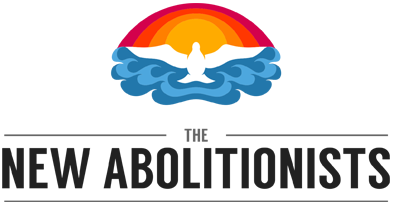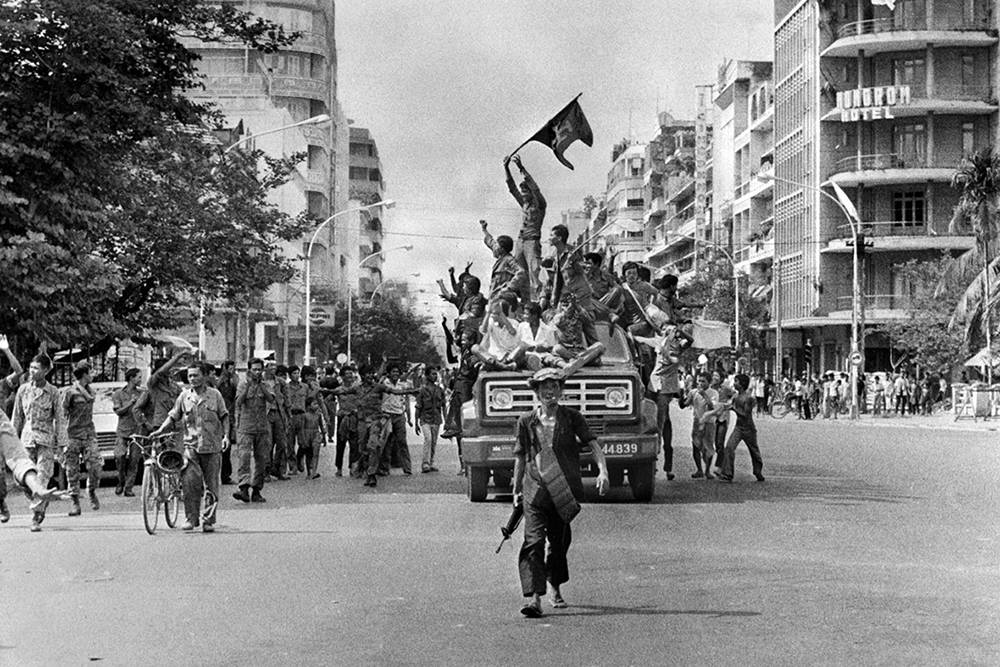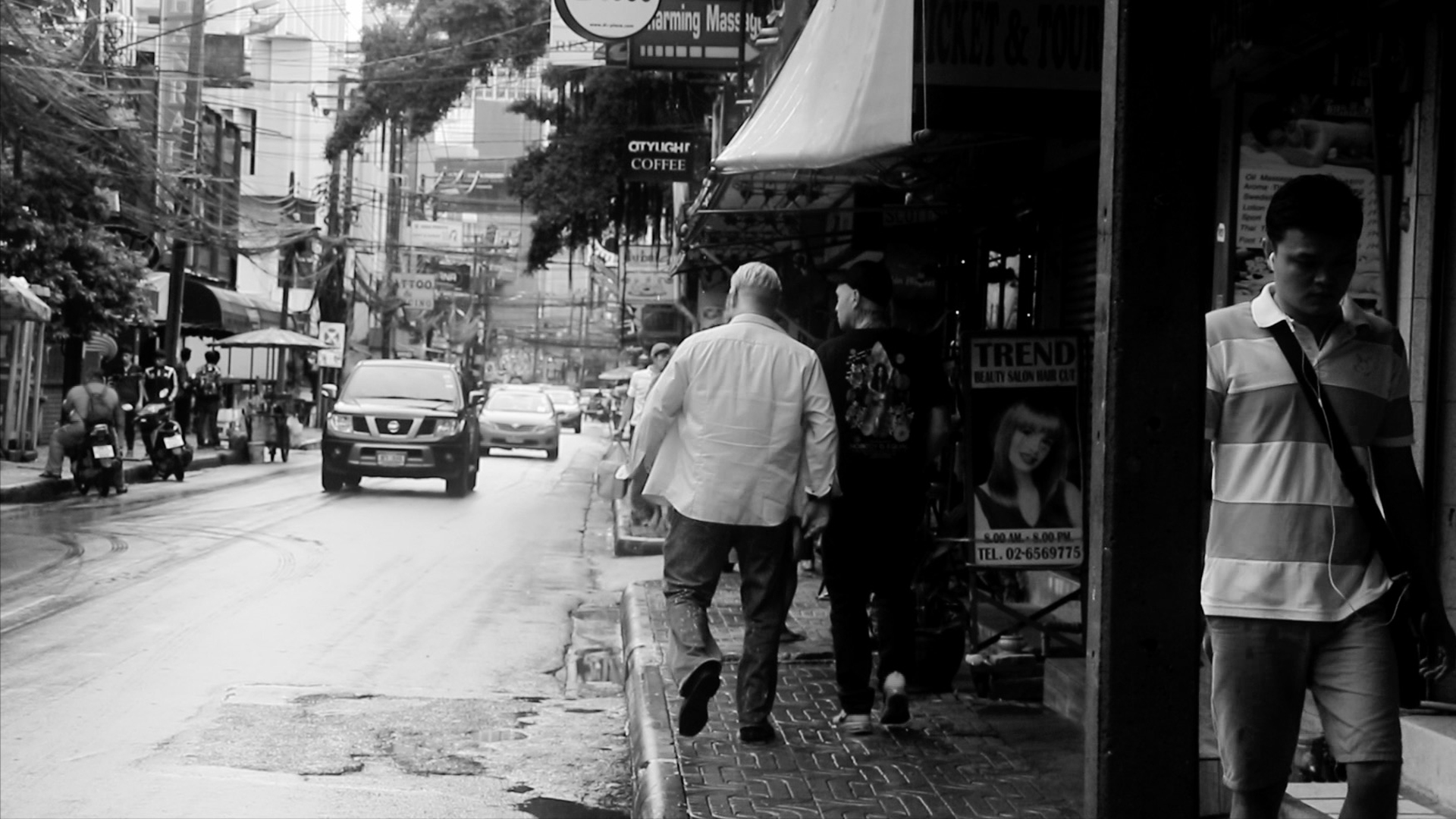
HUMAN TRAFFICKING: the recruitment, transportation, transfer, harboring or receipt of persons, by means of: threat, use of force, abduction, fraud, deception, or abuse of power. The giving or receiving of payment; so to control another person for the purposes of exploitation. Exploitation can include: sexual exploitation, forced labor, slavery, or the removal, manipulation or implantation of organs.
Second only to drugs, Human Sex Trafficking is the fastest growing criminal industry in the world. U.N. Goodwill Ambassador, Mira Sorvino stated; “Transnational organized crime groups are adding humans to their product lists. Satellites reveal that the same routes moving arms and drugs are also moving people.”
In a general assembly on trafficking, Head of the Office of Drugs and Crime, Yuri Fedotov said, “Fighting these criminals is a challenge of extraordinary proportions.” He further went on to state that, “only 1 out of 100 victims of trafficking is ever rescued!” According to the U.N. Crime Fighting Office, 2.4 million people across the globe are victims of human trafficking.
M.Cherif Bassiouni, an emeritus law professor of De Paul University of Chicago, stated, “There is no human rights subject of or which government have said so much, but done so little. Laws in most of the world criminalize prostitutes and other victims of trafficking, but almost never criminalize the perpetrators, without whom that crime could not be performed.” He urges a global reassessment of who is victim and who is a criminal. Another part of the problem is law enforcement. Bassiouni states, “We must change attitudes of male-dominated police departments throughout the world who place this type of crime at the lowest level of their priorities.”
South East Asia is considered the most trafficked region of the globe. During the 50’s, 60’s and 70’s, conflict between communist and democratic interests warred throughout the region. The war created poverty, broken systems and a lack of living resources for the inhabitants. This coupled with the solider’s appetite for sex, created a breeding ground for prostitution. A progression and demand for sex tourism evolved over the years. As a result, Thailand has, unfortunately, become a veritable hub, globally, for fresh product.
This criminal industry of sex traffickers preys on at risk individuals: the innocent, impoverished and those suffering from trauma. Coupled with a normalization of the business of prostitution that has occurred throughout the region, potential victims are conned, coerced, courted, bribed, bullied, poached and abducted from all over the world. Girls and boys from surrounding countries have become strategic targets for this big business.
In the nation of Cambodia, children are particularly “at risk.” The country is still reeling from after effects of one of the worst Genocides of the 20th century: the reign of The Khmer Rouge. Poverty, the breakdown of the family, broken governmental systems, lack of education, and an utter disrespect for human life were instituted and thrust onto the Cambodian society as a matter of policy. The Khmer Rouge produced repression and massacres of epic proportions. They turned the country into a huge detention center, making it into a graveyard for nearly two million people including their own party members and some senior leaders.

(Communist soldiers entering into Phnom Penh [the capitol of Cambodia] in 1975; ushering in the Reign of The Khmer Rouge.)
